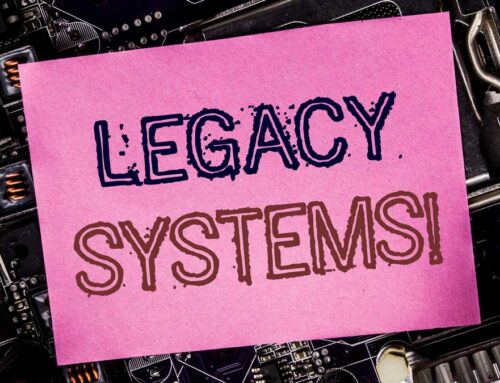Software development is a tough industry, and especially in co-developed projects, the scope and estimates can change dramatically. The expectation in software development that you’re going to get a perfect timeline.
That’s just not true. And it’s normally not anyone’s fault.
Communication issues can crop up. Almost every time you do a project, there will be a detail that falls through the cracks—sometimes one that’s mission critical. Or someone forgets to update either the client or the developer about something that needs to get done and it crops up further down the line when it’s harder to fix.
Staff can be a problem too. Sometimes the conditions or the culture can make it hard on people, or the right people aren’t in place.
Our world has changed and gotten more complex, but our expectations have also changed. People want things right now. We live in a push-button world where we can pull our phone out and get a taxi ride, a meal, a product or anything else we want with the push of a button. That informs our expectations for everything. And unfortunately, some things still take time.
Not that you excuse perpetual failure, but when you go into a project, it’s a great time to keep in mind some of the advice Simon Sinek notes in his talk on understanding empathy. Failure is often seen in very absolute terms: it’s not done by the date we expected, or it’s not exactly the product that we wanted to build in the first place, or we wanted to fit more functionality in.
Instead, as Sinek notes, it’s important to think in longer terms. Apple isn’t obsessed with beating its competition. It’s obsessed with beating itself. We can be too rigid in how we think about our development cycle, too demanding of our people. Instead, we have to play a different game.
We have to play to last.
The companies that stick around for a long term focus on quality, sure. But they also focus on helping their people be the best they can. They build timelines that work around the inevitable problems that come with any project that’s run by humans. They manage risk—they don’t discount it. They take a long view of their business, not getting over-focused on any one aspect.
Sure. You might be number one today. But number one in what? And will it last?
As Sinek notes, great leaders need empathy and perspective, not just the skills to do the job at hand. Focus less on the immediate and more on the process and you’ll find that the problems that companies like Epic are dealing with will pass you by. And when you do face issues, they’ll be easier to deal with because people will rally together to take care of them. Take care of your people and they’ll take care of you. That’s the key to long-term success, not just in software development, but in human relations.
Don’t put the project over the people. Put the people over the project.
No tags for this post.






Leave A Comment